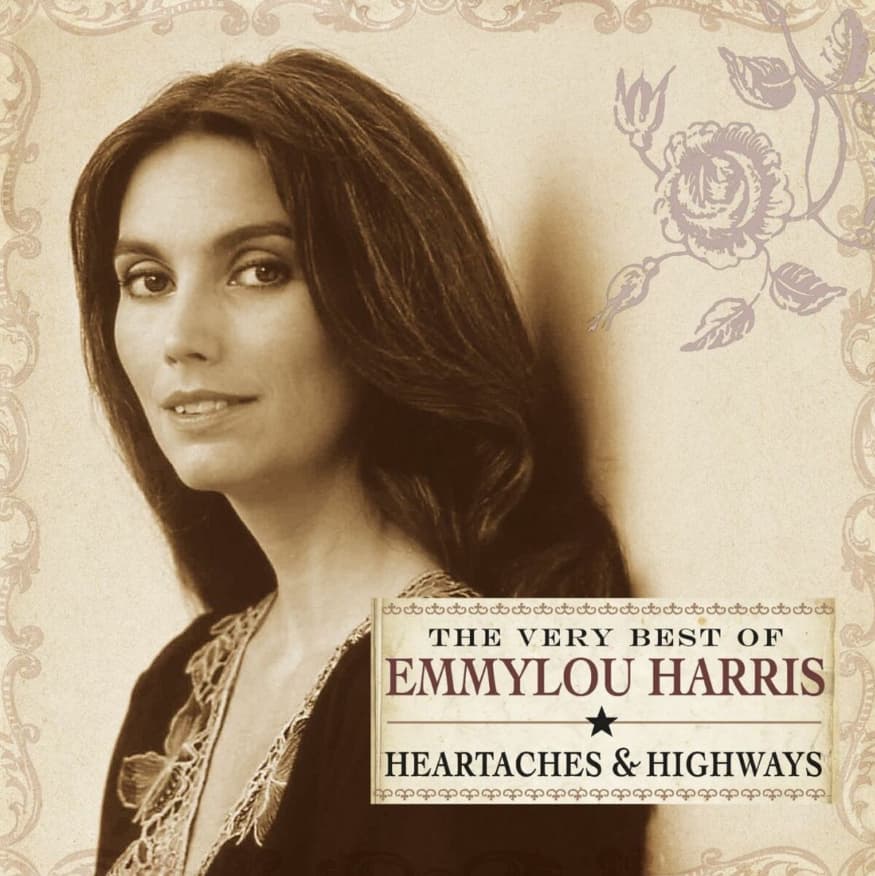
Beneath the Calm: A Timeless Tale of Hidden Pain
For those of us who came of age with a six-string in hand and a heart full of yearning, the voice of Emmylou Harris holds a special, almost sacred place. It’s a voice that can cut through the clutter of commercial country, a sound that resonates with a quiet, knowing dignity. When she released her version of “Beneath Still Waters” in 1980, it wasn’t just another single; it was a whispered confession, a poignant echo of a truth many of us knew firsthand: that the deepest sorrows often lie just below the surface of a placid life.
The song itself has a history that stretches back more than a decade before Harris made it her own. Written by the masterful Dallas Frazier—the same pen behind iconic hits like “Elvira” and “Allegheny”—“Beneath Still Waters” was first recorded in 1967 by George Jones, though it was a lesser-known track for him at the time. It’s a testament to Frazier’s songwriting genius that the song’s core message of concealed heartbreak could be so timeless and universal. But it was Harris, with her crystalline vocals and an unmistakable sincerity, who truly brought the song to its full, heartbreaking potential.
On its release, the song quickly found its audience. Featured on her critically acclaimed album Bluebird Wine, it climbed the charts and gave Harris her fourth number-one country hit. It was a deserved triumph. In an era where country music was wrestling with its identity, moving between traditional sounds and the burgeoning pop-country movement, “Beneath Still Waters” stood as a stark and beautiful reminder of country music’s foundation in sorrow and storytelling. It resonated with listeners precisely because it wasn’t flashy or overwrought. It was a simple, elegant melody carrying a devastatingly honest sentiment.
The story behind the song is one of profound, unspoken pain. It’s about a man who, despite appearances, is barely holding it together after a devastating loss. The lyrical imagery is stark and powerful: “I just walk around with a smile on my face, but there’s tears in my heart and my soul’s in disgrace.” This isn’t the loud, boisterous grief of a honky-tonk ballad. It’s the silent, grinding ache of a broken man trying to get through the day. The “still waters” are his calm demeanor, his forced smiles, the way he carries on as if nothing is wrong. But beneath that tranquil surface lies a churning, painful reality.
For many, this song became a personal anthem. It spoke to the unspoken burdens we all carry, the masks we wear to face the world. The song’s genius lies in its subtlety; it doesn’t need to shout to be heard. It just needs to be felt. And Harris’s delivery, so gentle yet so powerful, allows every word to sink in and take root. She wasn’t just singing the lyrics; she was embodying the quiet despair, giving voice to a feeling many had but couldn’t articulate. “Beneath Still Waters” isn’t just a song; it’s a mirror. It reflects the truth that some of the greatest battles are fought in silence, and that true strength is not the absence of pain, but the ability to keep moving forward despite it. It’s a song that holds a special place in the hearts of those who understand that a brave face doesn’t always tell the full story. It’s a reminder that we are all, in some way, navigating our own turbulent depths, even as we smile and carry on.